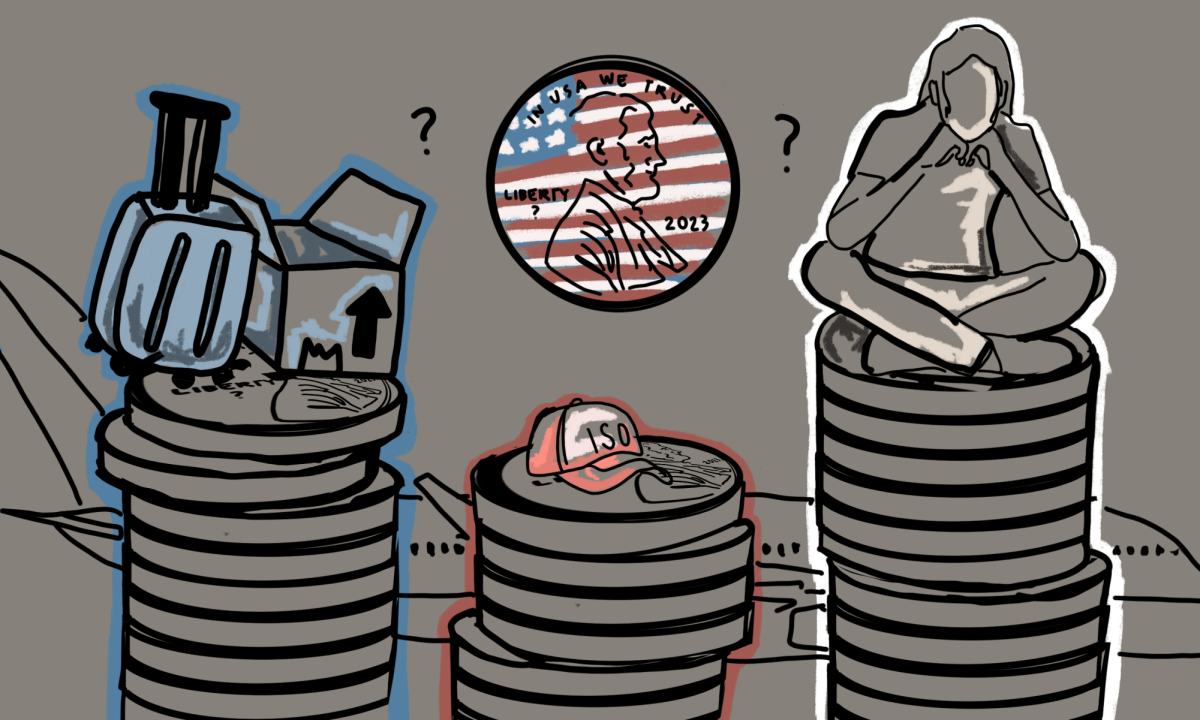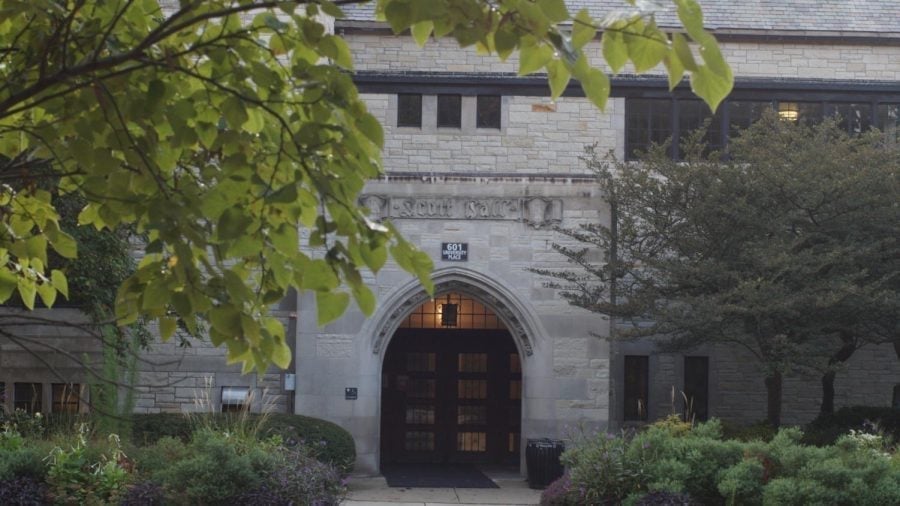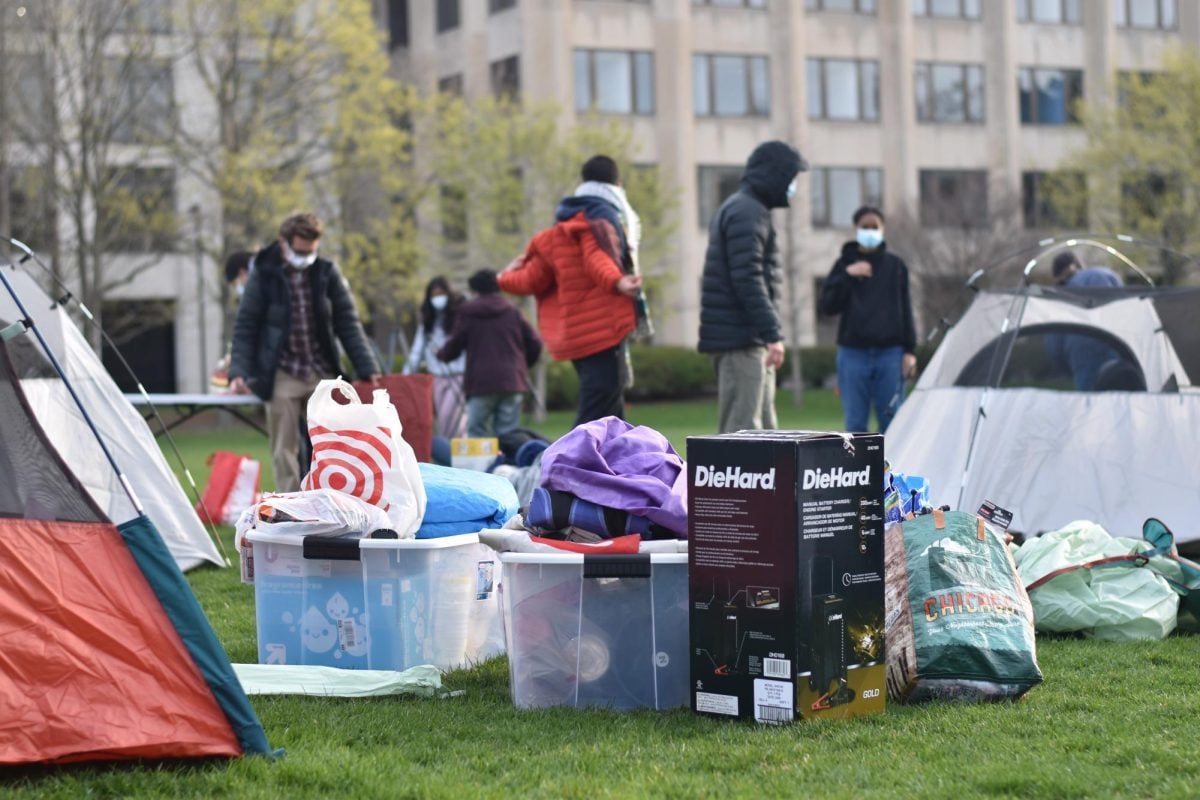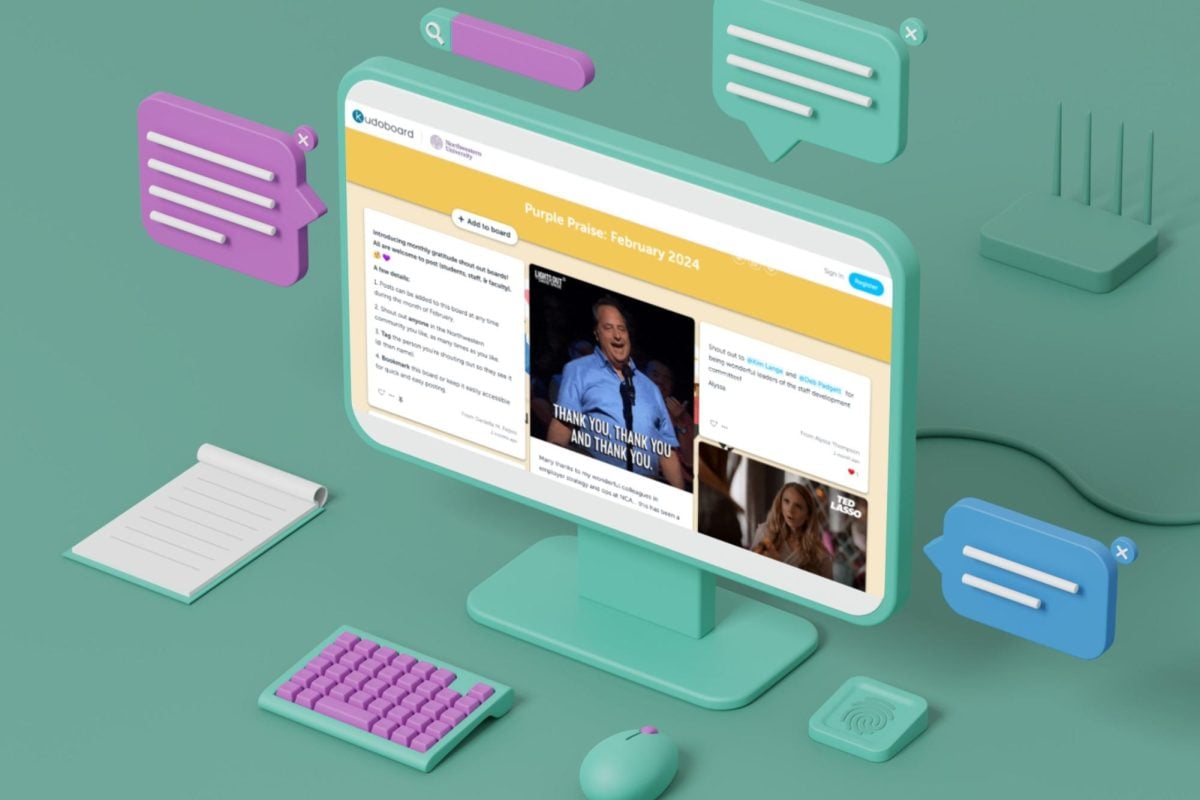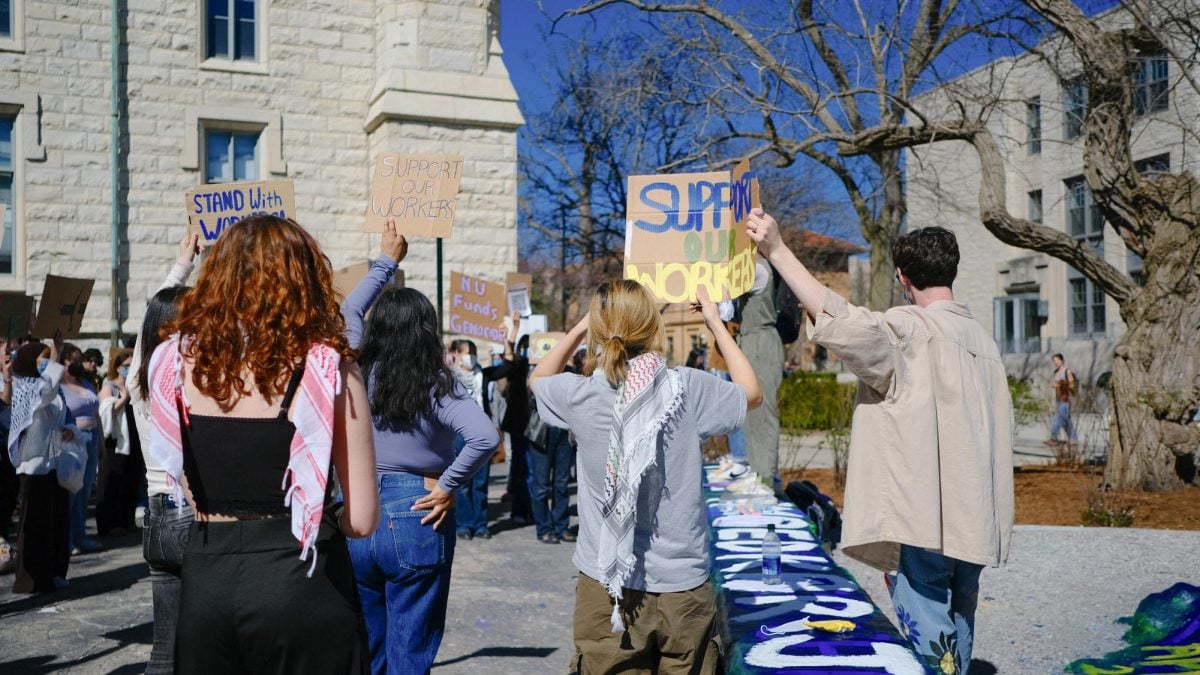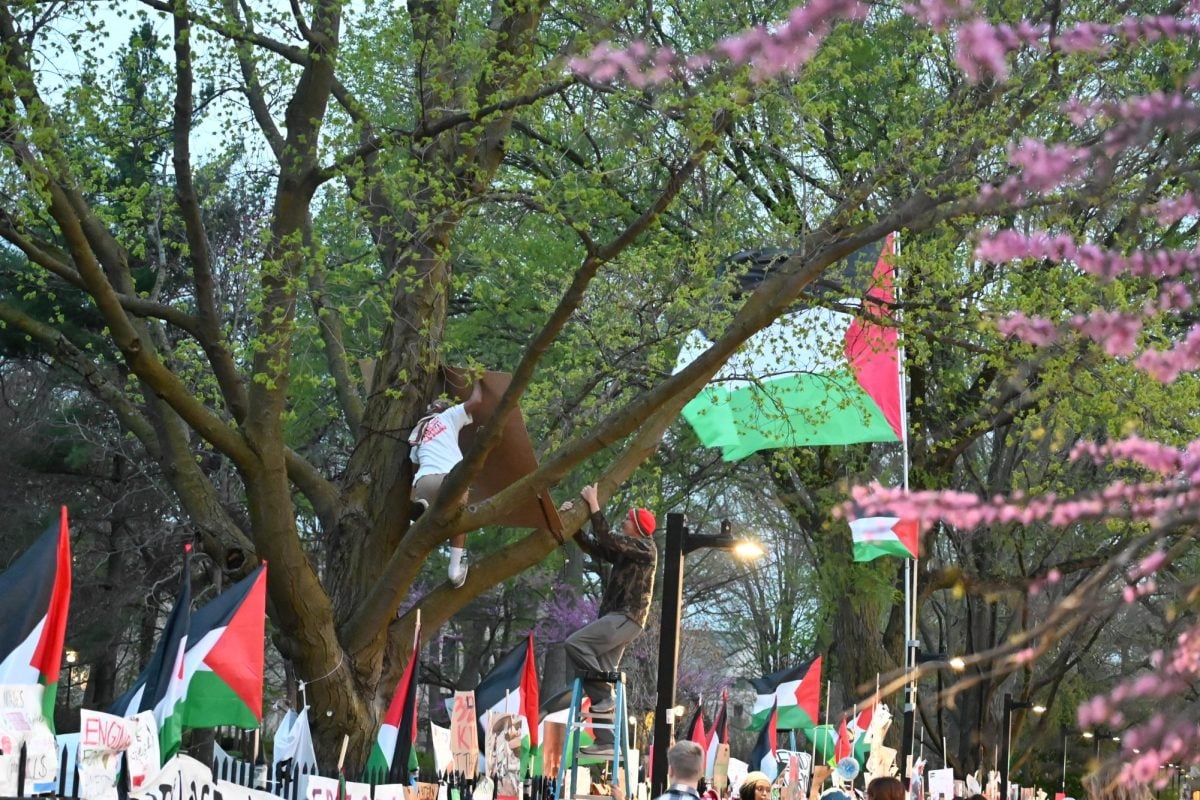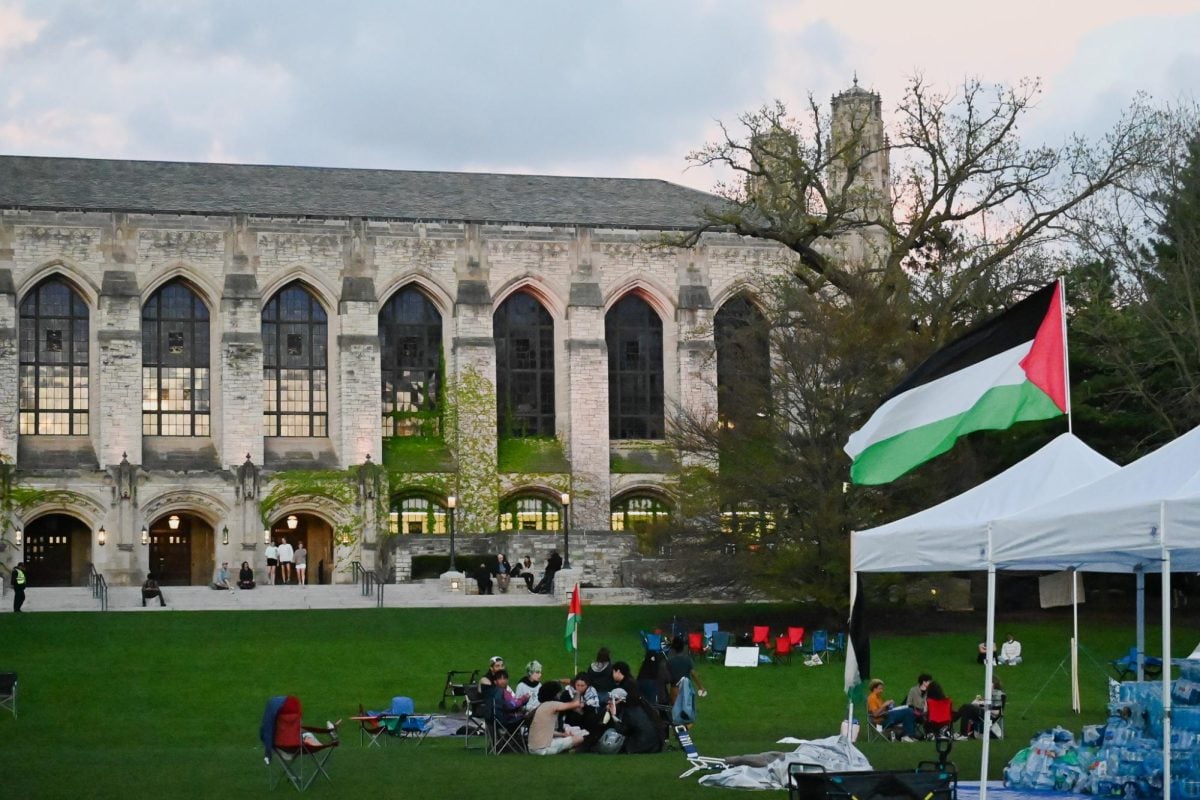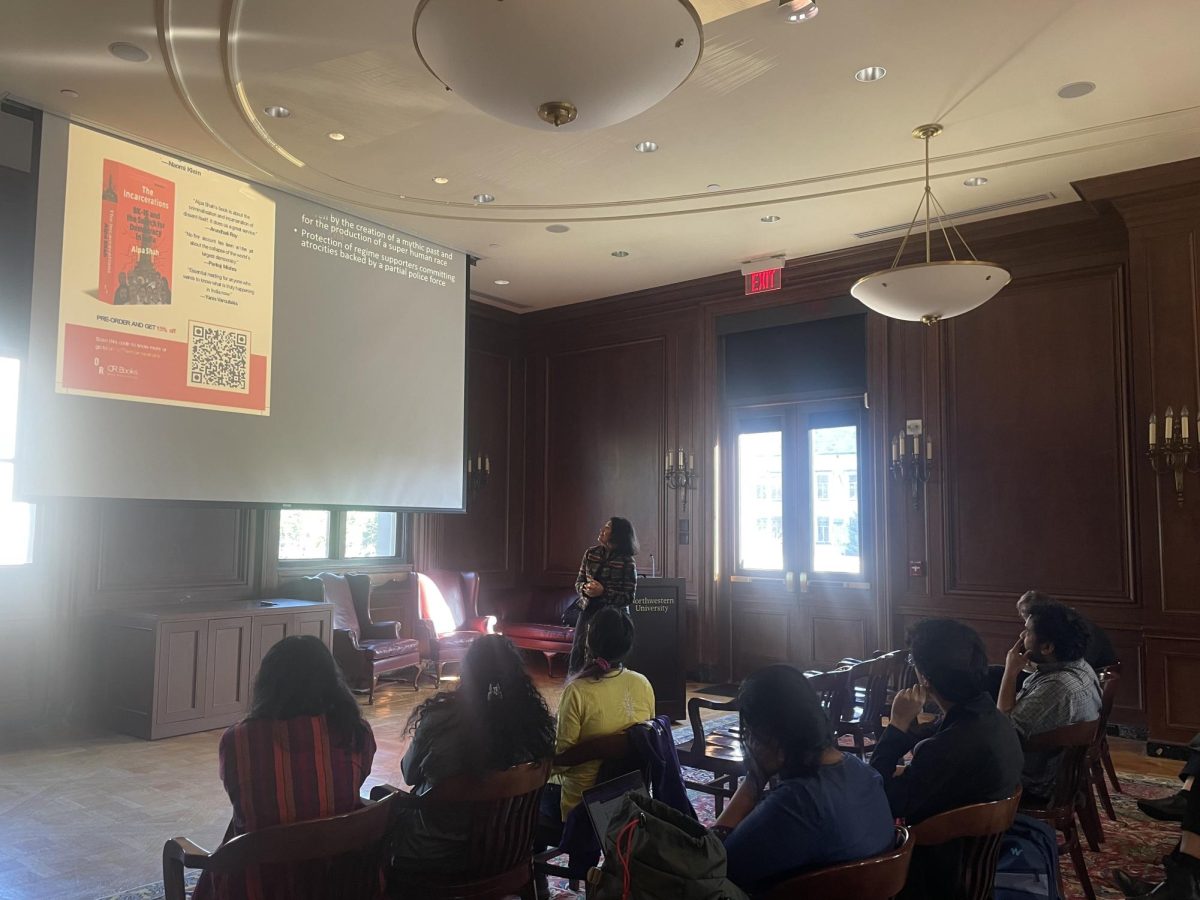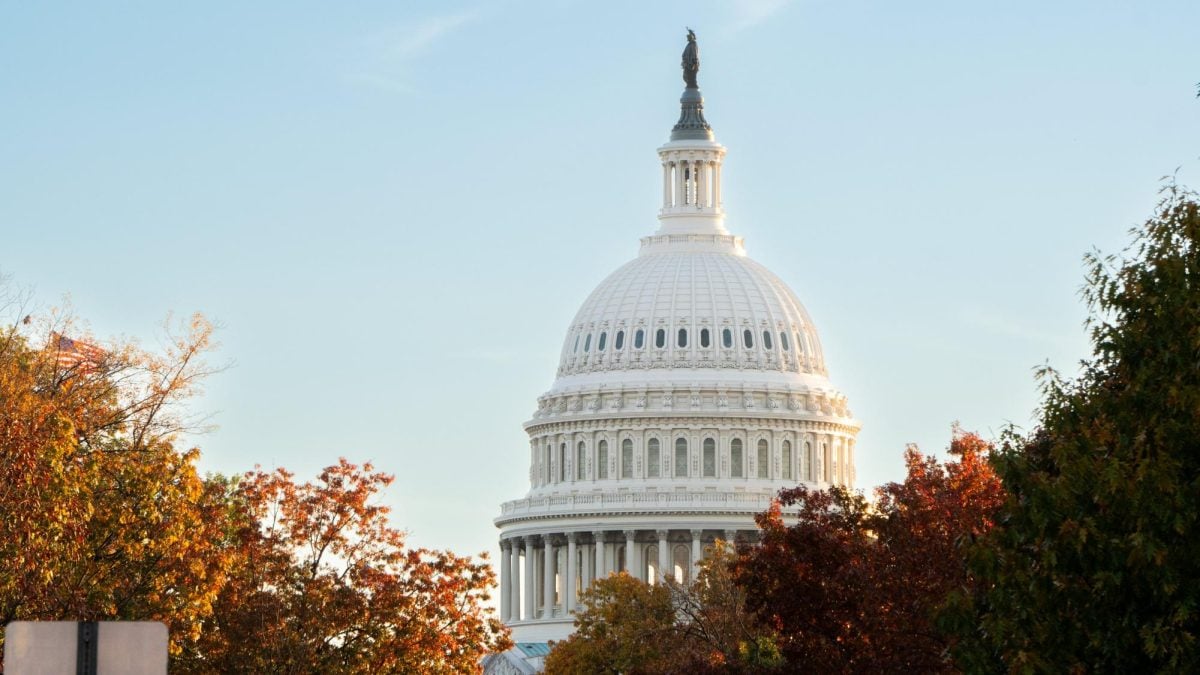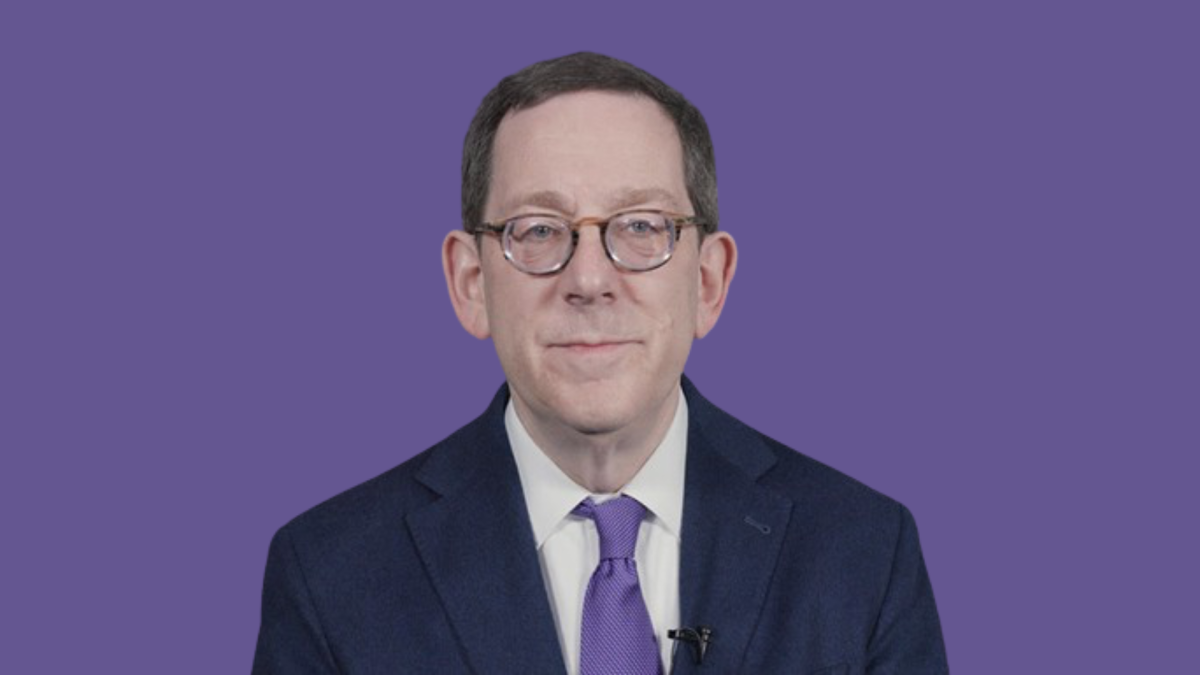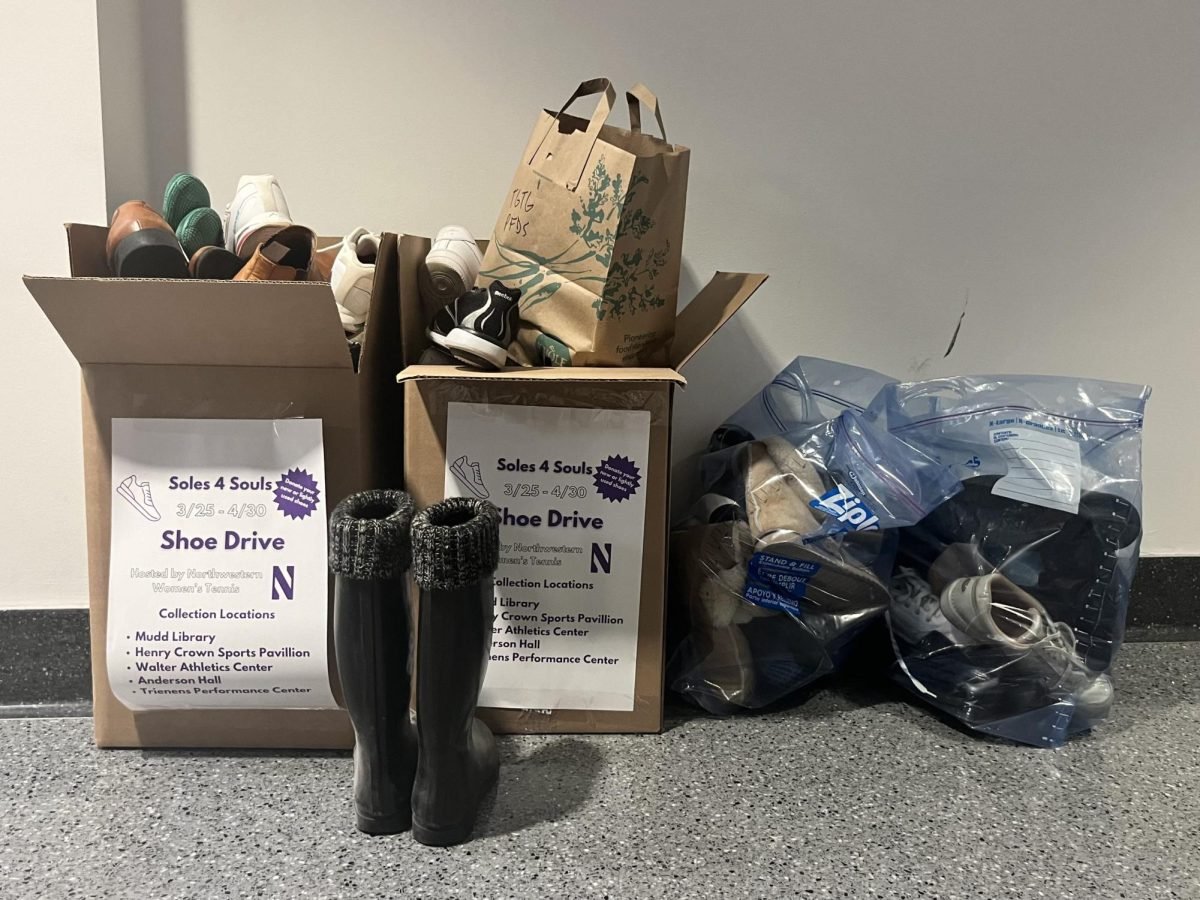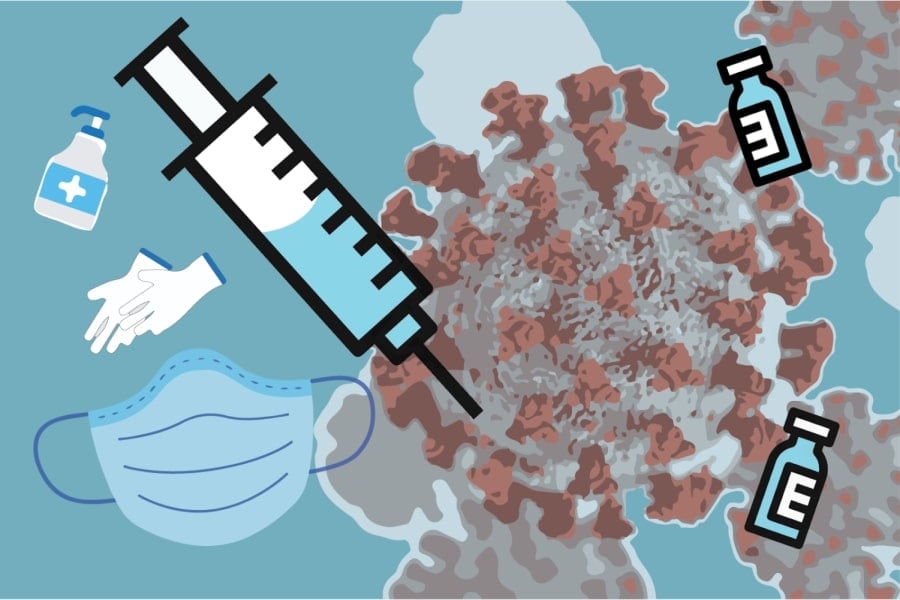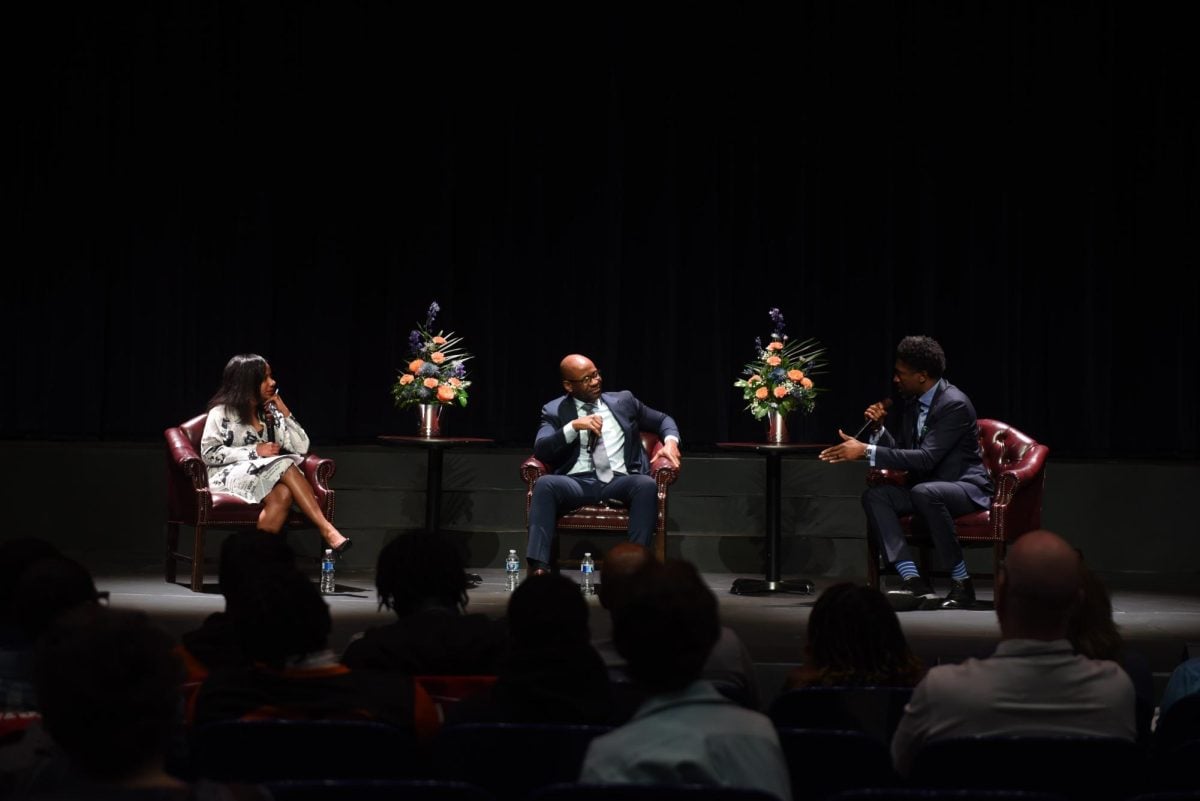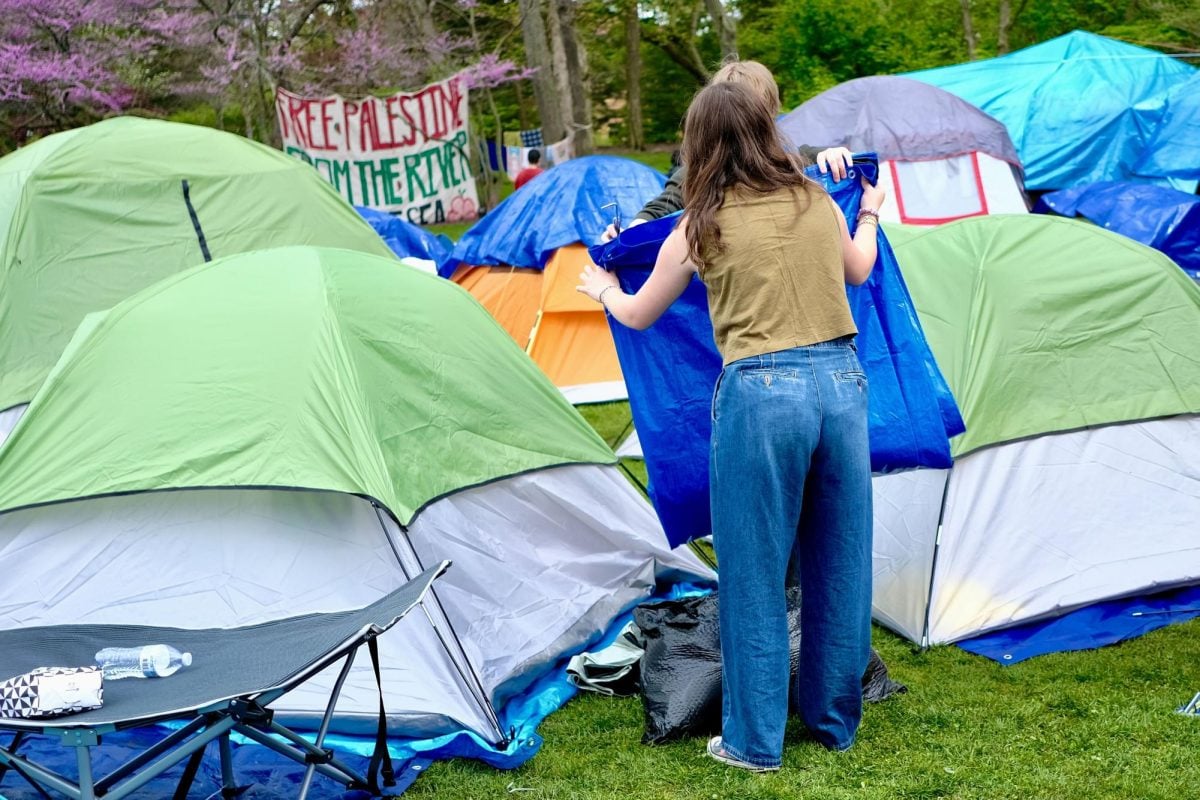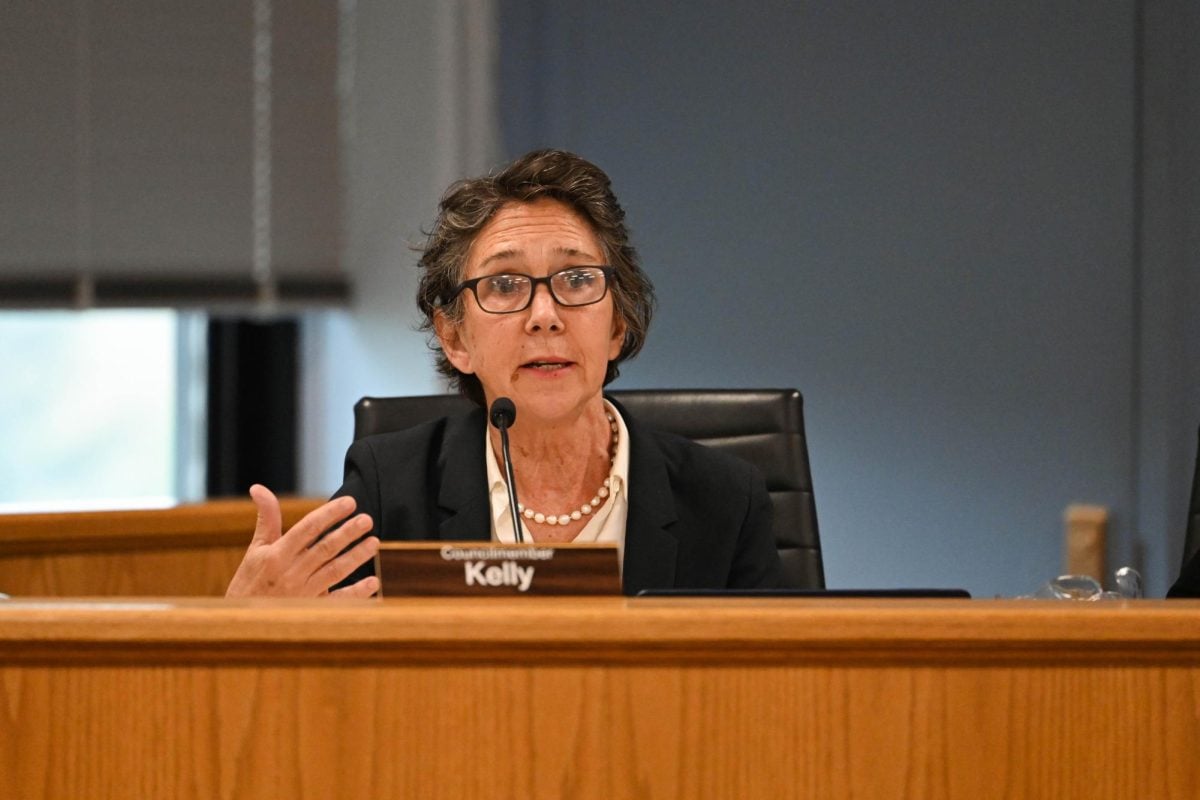Northwestern University President Michael Schill sent an email to the NU community ahead of Homecoming Weekend, titled “Celebrating a sense of excitement and possibility.” He recounted a heartwarming anecdote about International Student Orientation in which he came upon “a young man with two BIG suitcases and an equally big smile.”
“Unlike many of the alumni who will be visiting this weekend, he didn’t really know where he was going, so I did my best to help,” Schill wrote in the Oct. 3 message. “Immediately, a couple of students jumped in along with staff to get him settled.”
Many international students took issue with the email, saying their impression of move-in day is less bright-eyed and idyllic. Students told The Daily they recall a lack of institutional support from the University during the transition, and Schill’s message exacerbated their frustrations about tokenization and a lack of resources for the international student community.
Communication junior Juan Barrera Lopez, an international peer adviser executive board member, said reading the email made him feel “angry and unseen.”
“Reading the stories like, ‘Oh, look at these immigrants, how hard they work and how much they challenge themselves,’” Barerra Lopez said. “It’s not because we have to — it’s because the University has forced us to.”
Sami Berisha (Medill ’23), who was a member of the IPA executive board for two years, echoed that sentiment. He said IPAs take initiative to help international students move their bags because the University does not hire contracted workers to assist with move-in during ISO — a service offered a week later during Wildcat Welcome.
“(During) Wildcat Welcome, you see your American peers moving in and getting all the help in the world,” Berisha said. “For the international students, you get a bunch of sophomores and juniors breaking their backs, hauling 80-pound suitcases that literally contain a person’s entire life within them.”
ISO is mandatory for the more than 200 students each year on F-1 or J-1 visas. However, because it takes place four days before Wildcat Welcome, international students are charged an early move-in fee of $50 per night during ISO. First-year international students on financial aid said they were not able to waive the fee.
Bienen and Weinberg junior Oluwadamilola Akanni also said he felt Schill misrepresented the experience of international student move-in.
Akanni, who has been an international peer adviser for two years, added that it was frustrating to see the University take credit for the efforts of student volunteers while neglecting to provide sufficient resources for ISO.
ISO lacks the funding to provide free, large-scale nighttime programming similar to Wildcat Welcome’s First Night Northwestern, Rock the Lake and Norris at Night. Barrera Lopez said ISO funding comes out of the Office of International Student and Scholar Services’ general programming fund.
“The school sees (ISO) as a privilege — like something that’s not necessary,” Akanni said. “I can’t even imagine how students would get used to the U.S. without having an ISO.”
During orientation, IPAs help new students shop for basic supplies and set up phone and bank accounts. Students also attend information sessions on immigration and health insurance.
“It’s like, ‘I need to know how public transport works. I’m jet lagged and I have no one this side of the Atlantic,’” Barrera Lopez said. “(International students) need to form that community before they can get thrown into Wildcat Welcome.”
Barrera Lopez said international students have been pushing for the University to allocate more resources to ISO for years.
Schill’s email tokenized international students by erasing that context, he said.
“If you’re putting all the work in, then sure, feel free to claim our experiences as part of the community at the University,” Barrera Lopez said. “But when we’re this group that you don’t really look at other than when you need us for your stories, that’s the problem.”
He noted that Schill likely did not know about the challenges surrounding ISO but maintained that Schill has a responsibility to be aware of them.
University spokesperson Erin Karter told The Daily the University received “positive anecdotal feedback” on this year’s process but also acknowledged there will “always be room to improve.”
“We will continue to work with our students and international peer advisers to enhance this transitional experience,” Karter said.
Despite the challenges they faced, many international students said they still look back fondly on ISO. Berisha, who was a freshman in 2019, said his IPAs were helpful and passionate, and he felt a strong sense of community during ISO.
“While we’ve lacked the resources, IPAs pour their hearts and souls into making sure these kids feel like they’re welcomed,” he said. “Just give us a fraction of the resources that you give towards Wildcat Welcome and we could do great things.”
Email: [email protected]
Twitter: @joyycee_li
Related Stories:
— International experience at NU: navigating a new school and country
— Kang: NU should practice need-blind admissions for all
— Defining Safe: Navigating Northwestern as an international student

